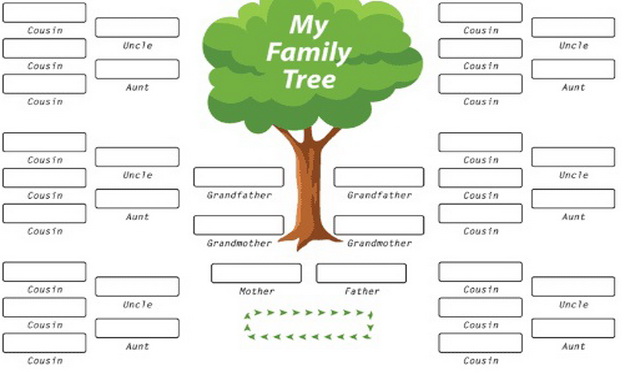Speaking is an art, as is writing. The Prophet Muhammad (peace be upon him) has been described as possessing “eloquent conciseness” in speech. He would say a few words, but those words would carry an immense wealth of meaning.
His wife, `A’ishah, confirmed this. She said: “He did not have to speak at length like all of you do.”
The more condensed an expression is, the more meaning each word must carry. A maxim, for example, is a wise statement with no superfluity, no unnecessary words.
The impetus for abridgement is often scarcity of time. The mind and tongue are compelled, to conserve time, to encapsulate the broadest concepts and most complex ideas in small, easily digestible packages.
It is also quite natural for people to tire from listening to someone droning on. Boredom sets in, and the audience starts looking at their watches, thinking that the speaker really does not have any idea of how to present his or her subject.
Alas, human nature compels us to be long-winded when we speak. At a conference, the very same person who was looking at his watch while the first speaker was presenting her lecture may not act any better when it is his turn behind the podium. He naturally sees what he has to say to be important. He feels others will be just as interested in it as he is. Moreover, he has something new to say, and everything he has to offer contributes something more to the topic than his fellow speakers have provided.
With this mindset, he drones on, until the session chair tells him his time is up. He is shocked and blinks his eyes. He feels there must be some mistake. He has not even gotten to the main point of his lecture…
This is due to ego, and ego knows no bounds. It is a virtue to be able to recognize the power of one’s ego and how it influences one’s thoughts, behavior, and speech. This recognition is what allows one expect from oneself the same that one expects from others. This is a quality rarely achieved except by those who are very God-conscious.
Most people live by a double standard: one for themselves and one for everybody else. The standard for the self is very indulgent and always ready with excuses. The standard for others is one that easily identifies faults and shortcomings. If the person with this double standard is somewhat fair, he or she will feel sorry about those shortcomings and try to look beyond them. Some people do not even possess this degree of fairness, and look down upon others with derision.
In this regard, Ibn Hibban narrates the following saying: “One of you sees the sand in his brothers eyes, but fails to see the crud encrusting his own.”
Though our egos are mountainous, our speech and actions only reveal their summits. The deep and massive roots of our egos are neither seen nor heard by people, but Allah knows the secrets of our hearts. He forgives us our weaknesses, and He helps us to surmount them. If we are left to the whims of our own egos, we will surely bring ourselves to ruin.
– Sheikh Salman al-Oadah
 navedz.com a muslim's Quest for the truth
navedz.com a muslim's Quest for the truth








